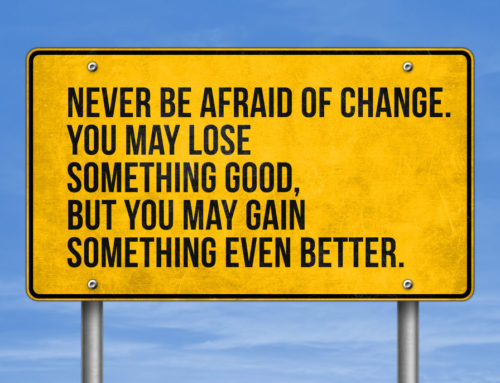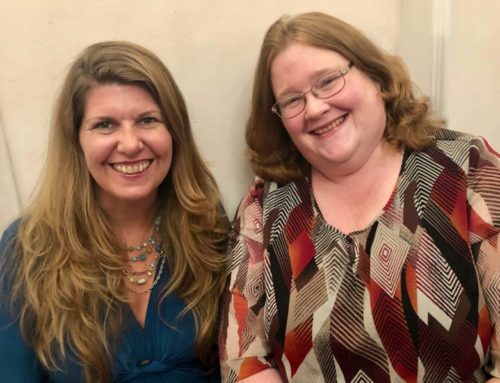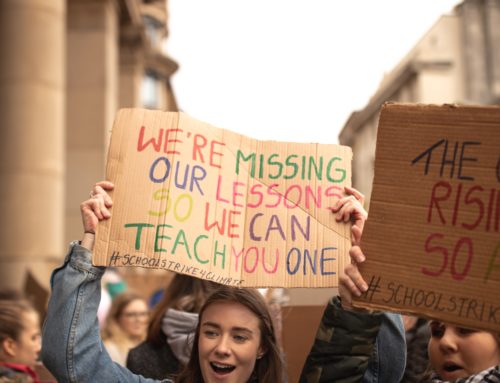There is a Taoist story that goes something like this:
An old farmer discovered his prize stallion had been stolen and his neighbour came around to express his regrets, but the farmer just said, “Who knows what is good and what is bad?”
The next week the stallion returned bringing with him 3 wild mares. The neighbour rushed back to celebrate with the farmer, but the old farmer simply said, “Who knows what is good and what is bad?”
The following day, whilst trying to break in one of the wild mares, the farmer’s son fell and fractured his leg. The neighbour came by to check on the son and give his condolences, but the old farmer just said, “Who knows what is good and what is bad?”
A week later the army came to the farm to conscript the farmer’s son for the war, but as he could not walk they left him with his father. The neighbour thought to himself, “Who knows what is good and what is bad?”
When we see people, situations or things to be ‘good’ or ‘bad’, we come to that judgement by observing them through perception-altering lenses that derive from the social norms of the society we live in, our family’s values when we were growing up, our own experience, what the media says and what our peers do.
The farmer in the tale has a different perspective from those around him. His neighbour is reactionary, seeing events in the short term and judging them accordingly; the farmer takes a longer view, refusing to be drawn into judgement because he knows that good and bad are not polar opposites but different parts of the same cycle. As the story cycle rolls on, what was deemed by the neighbour to be bad becomes good and vice versa, and we all have examples from our own lives where this is true.
During the War to Peace course, we introduce you to different ways to help you view the people you find difficult through news lenses, because when you find yourself in conflict with someone, it can seem almost impossible to change the lens through which you view them, especially if you’ve been told you just have to get on with that person. Our inclination is then to adapt our surface behaviour as though we get along with this person, yet the war rages on inside us, costing us our mental clarity and hampering our ability to interact in a way that gets us what we want.
Over to you
Instead of pretending to feel differently towards someone you are struggling with, what would it be like to examine him or her through a new lens? What if you didn’t have to change your judgement from ‘bad’ to ‘good’ but simply to ‘who knows?’
Do you know someone who could benefit from War to Peace®?
If you know someone who would benefit from a shift of perspective about someone they are struggling with, please let them know to register their interest here to be the first to know about the next available War to Peace® course with spaces.





Leave A Comment